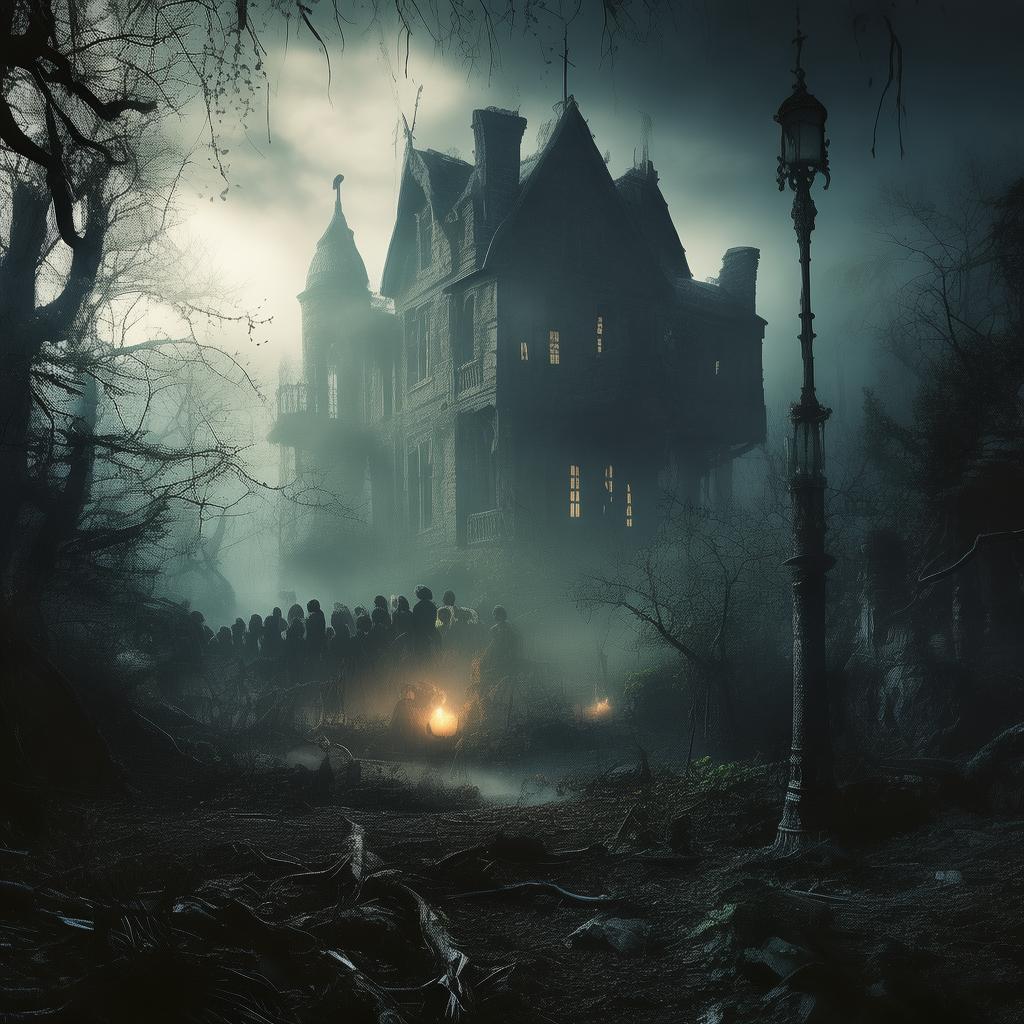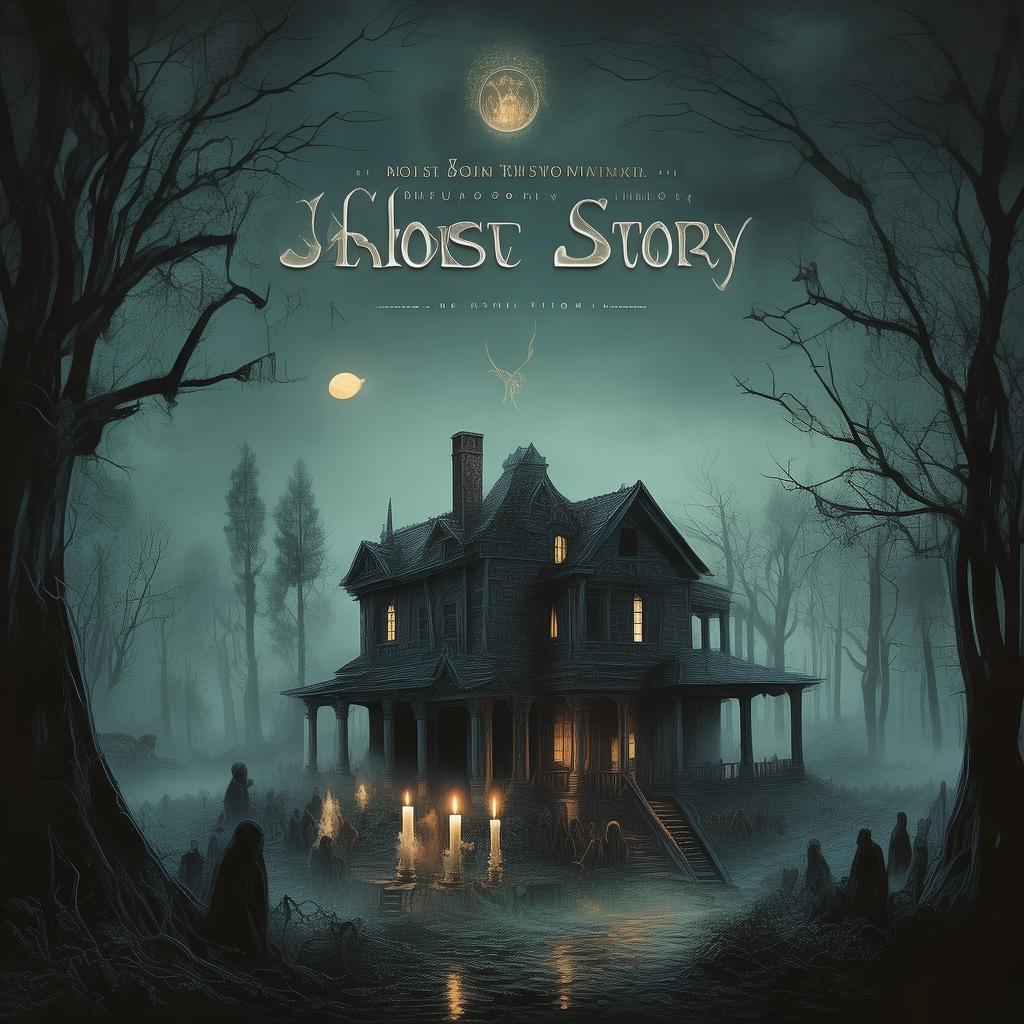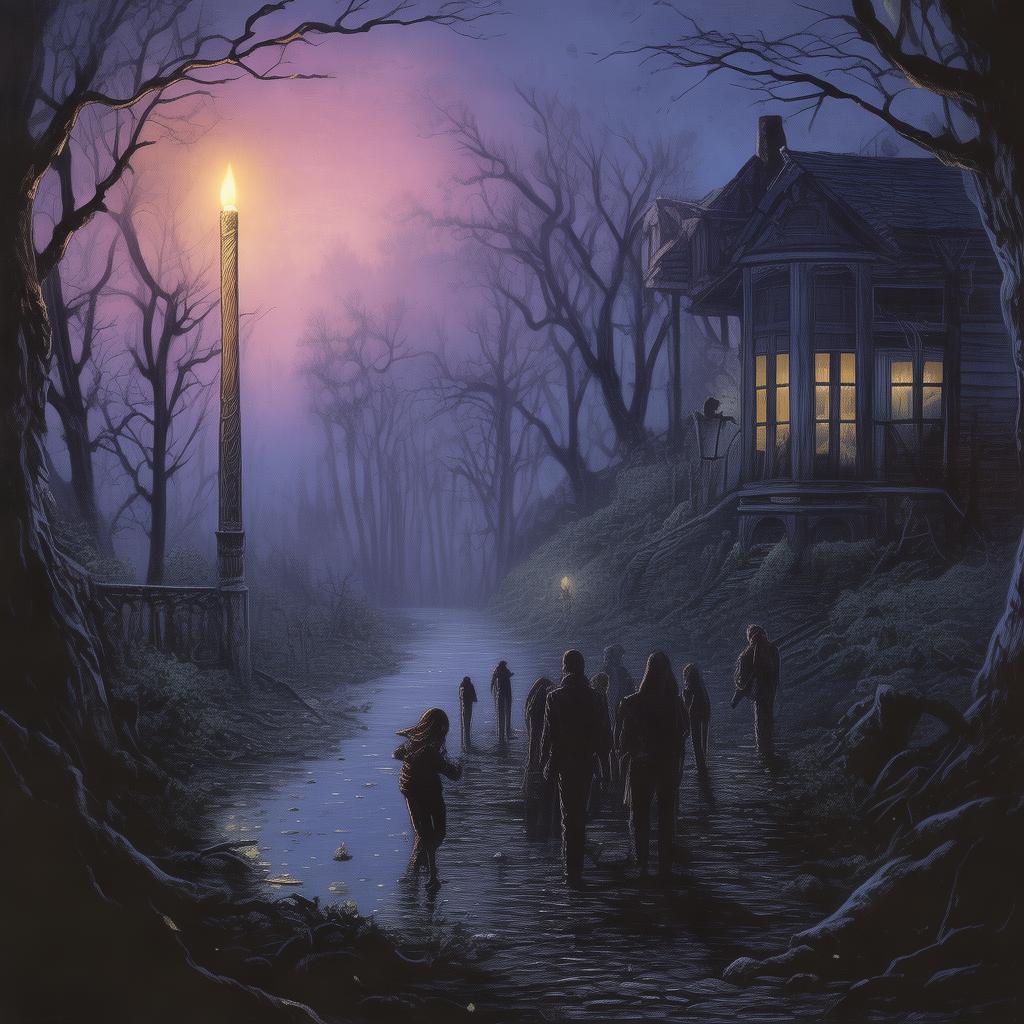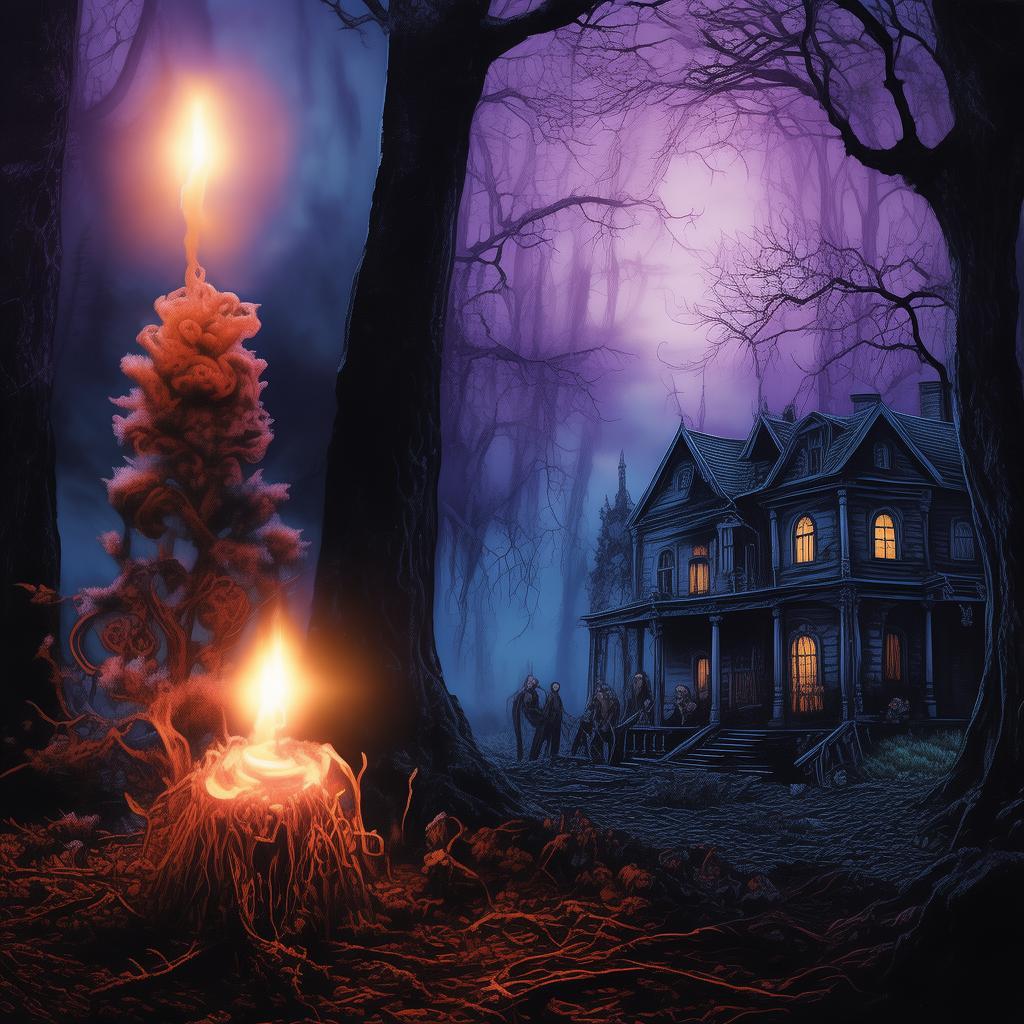Whispers of the Nobel Laureate
The moon hung low in the sky, casting a pale glow over the grand estate that had once been the sanctuary of a Nobel Prize Winner's genius. The house, a sprawling mansion of Victorian elegance, now stood as a testament to the passage of time, its once vibrant rooms now cloaked in shadows and silence. The winner, now a mere shadow of his former self, spent his nights confined to a dimly lit study, the only place he felt the weight of his legacy pressing down upon him.
It was during these lonely hours that he would find solace in his midnight monologue, a ritual of reflection and recrimination that had become his silent confidant. He spoke of his triumphs, his failures, and the tragic love that had slipped through his fingers like sand. The monologue was a solace, a release, a way to confront the ghosts that haunted him.
One fateful night, as the clock struck midnight, the winner found himself inexplicably drawn to a forgotten bookshelf in the corner of his study. The shelves were cluttered with dusty tomes, forgotten by time. His fingers brushed against the spines, and as he reached for one, a peculiar sensation washed over him. It was as if the air had grown heavier, the silence more profound.

The book was an old diary, its cover faded and worn. It had belonged to his great-grandmother, a woman of mystery and repute. The winner's curiosity was piqued, and he opened the diary, the pages fluttering like the wings of a butterfly caught in a web. The entries were sparse, but the words were filled with a haunting beauty.
As he read, he discovered that his great-grandmother had been a medium, a woman who claimed to have the ability to communicate with the dead. The diary spoke of her encounters with spirits, of her struggles to control her powers, and of the tragic loss of her own child. The child had been born with the same gift, but it was a gift that came at a terrible price.
The winner's heart raced as he read the final entry, a passage that spoke of a promise made to a spirit, a promise that would bind him to the world of the dead. The diary spoke of a curse, a curse that would be visited upon the family for generations.
The winner's eyes widened as he realized the truth. The voice in his head, the voice that spoke to him in the silence of the night, was the voice of his great-grandmother's child, the spirit that had been trapped between worlds. The winner had been hearing the echoes of the past, the whispers of a child who had never known life.
The realization was shattering. The winner had been the vessel for this spirit, a burden he had carried without knowing. The weight of the past was too much to bear, and as the night deepened, the winner's mind began to unravel. He found himself drawn to the window, the moonlight casting a silver glow over his face as he looked out into the night.
In that moment, the winner made a decision. He would confront the spirit, he would make peace with the past. He would speak to the child, he would tell them of the love that had been lost, the love that had been kept alive through the generations.
The winner turned back to the diary, his voice trembling as he began to read aloud. "Dear child, I know you have been waiting, waiting for someone to hear you. I am that someone. I am your great-grandfather, and I have carried your story with me all these years. I promise you, your gift will not be wasted. It will be honored, it will be celebrated."
As the words left his lips, the winner felt a strange calm wash over him. The spirit was responding, a silent acknowledgment that the promise had been kept. The winner closed the diary, the weight of the past now lifted.
The next morning, the winner awoke to find the house quiet and still. The spirit had left, and with it, the whispers of the Nobel Laureate's midnight monologue. The winner felt a sense of peace, a sense of closure. He had faced the past, he had made peace with the child, and now he could move forward, a man freed from the burden of the dead.
But the house was not yet quiet. The winner could still hear the whispers, the faint echoes of the spirit's voice, a reminder that the past was never truly gone, but always present, a part of him, a part of the house, a part of the world.
And so, the Nobel Laureate lived on, his life a tapestry of triumph and tragedy, a story that would be told in whispers, in the midnight monologue, and in the haunting echoes of the past.
✨ Original Statement ✨
All articles published on this website (including but not limited to text, images, videos, and other content) are original or authorized for reposting and are protected by relevant laws. Without the explicit written permission of this website, no individual or organization may copy, modify, repost, or use the content for commercial purposes.
If you need to quote or cooperate, please contact this site for authorization. We reserve the right to pursue legal responsibility for any unauthorized use.
Hereby declared.









